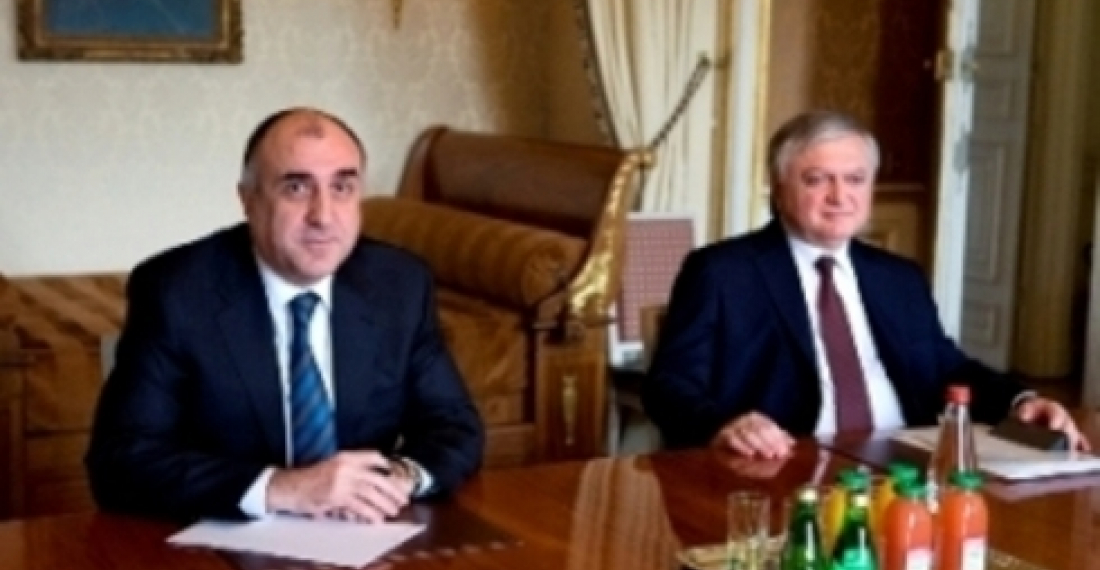A meeting between the Foreign Ministers of Armenia and Azerbaijan is scheduled to take place in Moscow on Friday (4 April). Minister Nalbandian of Armenia and Minister Mammadyarov of Azerbaijan will be in Moscow to attend a meeting of Foreign Ministers of the Commonwealth of Independent States (CIS). Ukraine, which holds the chairmanship of the CIS for this year, has suspended its participation in the organisation following the Russian annexation of Crimea.
The meeting will be facilitated by the chairmen of the OSCE Minsk Process - France, Russia and the United States. Their attempts to arrange for a meeting of the Presidents of Armenia and Azerbaijan in the Hague during the Nuclear Safety summit in March failed. The mediators hope that during the meeting of the Foreign Ministers enough common ground can be found for a meeting between the two Presidents soon after. The Minsk Process is struggling to remain relevant despite the current international situation following the Russian military intervention and annexation of Crimea, and regardless of criticism from different quarters for its failure to bring about a settlement of the Nagorno-Karabakh conflict. The differences between Armenia and Azerbaijan were highlighted last week during the vote on Ukraine in the UN General Assembly where Azerbaijan was one of a hundred countries supporting the resolution supporting Ukraine's territorial integrity whilst Armenia joined Russia and nine other countries in voting against.
Russian diplomats hope that they could achieve a similar success as the one they scored on 2 November 2008, where after the Georgia-Russia war and Russia's recognition of the independence of Abkhazia and South Ossetia, they managed to persuade the Armenian and Azerbaijani leaders to travel to Moscow and sign a document committing themselves to the peace process. On that occasion Russia was able to draw a difference in its approach to the Karabakh conflict as distinct from its military role in Georgia.
Russia on this occasion too is keen to show that it is able to adopt different tactics in dealing with situations in the former Soviet republics where it claims a privileged position. The November 2008 Moscow meeting and declaration was followed by an intensive period of Russian led mediation between Armenia and Azerbaijan during the time when Dimitri Medvedev was president. The process however failed to produce a breakthrough, and international mediators have been trying to bring the negotiations back on track for over two years without much success.
source: commonspace.eu
photo: Foreign Minister Mammadyarov of Azerbaijan and Foreign Minister Nalbandian of Armenia at a previous meeting organised with the help of the OSCE Minsk Group co-chair countries (archive picture courtesy of bthe Armenian Foreign Ministry).







